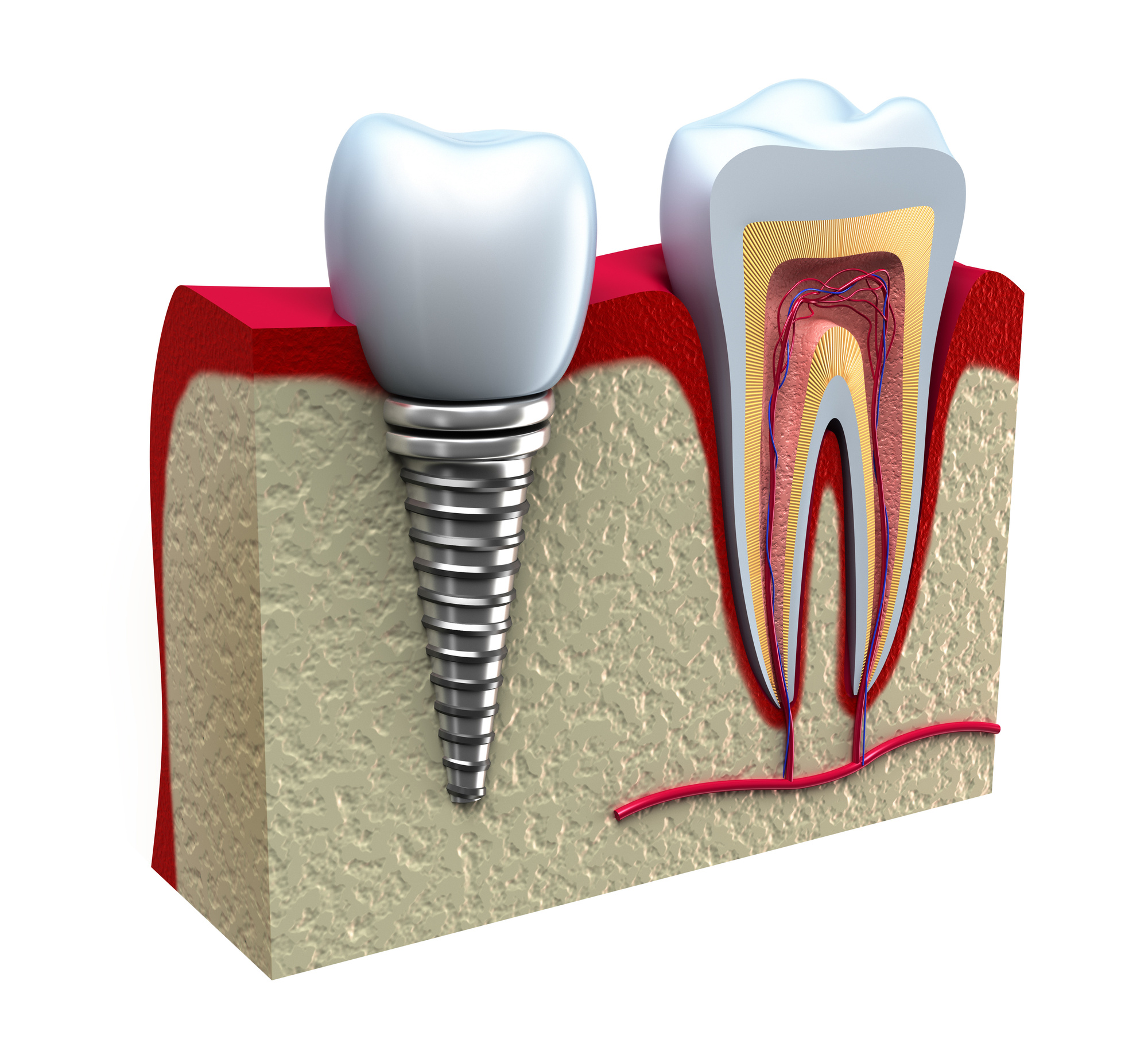Dental implant surgery can be a daunting experience.
While getting dental implants can be a breeze for some, there’s no denying that it comes with certain risks, too. Whether it be the general discomfort that comes with surgery or having to deal with allergies and sensitivities to certain procedures and medications, getting dental implants isn’t always easy.
There are cases where dental implant recovery can take months before patients heal.
But what is it that makes a dental implant procedure so daunting, and can it be that bad? What do you need to go into this procedure with, and what should you expect afterward?
If you are wondering what are the tips for a smooth dental implant recovery, this short and simple guide is for you.
Start With Good Oral Hygiene
Make sure you have good oral hygiene and regular dental checkups before surgery.
This helps ensure that your gums and teeth are healthy enough for the procedure. If there’s anything wrong with them, such as periodontitis, it’s best to treat it before surgery so that you don’t have any complications during or after the procedure.
Eat Soft Foods for the First Week After Surgery
Soft foods like yogurt, pudding, applesauce, or mashed potatoes are easier on your mouth. You should avoid chewing on the side where your dental implants were placed, but do not avoid eating altogether.
Eating is very important in the post-operative period because it helps to speed up healing and reduce swelling and bleeding around the implant site. Try chopping up your food into small pieces before eating it. This may make eating easier on your mouth while it heals.
Take the Medication Your Doctor Prescribed for You
Stay ahead of the pain by taking your medications as prescribed by your dentist or doctor. Some medications may be necessary after your procedure, such as antibiotics and pain pills.
Follow the instructions on the label to make sure you’re taking them correctly. You might also need some over-the-counter anti-inflammatory medications to help ease swelling and pain during the first few days after surgery.
If you experience any pain or discomfort after you leave the office, contact the dental implant center immediately. You may need a follow-up appointment or more medication.
Rinse Your Mouth With Saltwater
Keep your mouth clean by rinsing with water after meals and snacks. Avoid using any toothpaste until after you’ve had the implant for at least six months. This will protect your gums from irritation caused by toothpaste foam or suds getting into your mouth while it’s healing.
Be Gentle With Your New Teeth
Don’t chew on your teeth until your dental implant recovery timeline, which can take up to 12 months. You can brush your new teeth gently with a soft-bristled toothbrush and floss them regularly. If you need help with brushing your teeth, ask a friend or family member.
Avoid Smoking and Drinking Alcohol
Smoking and drinking alcohol can damage the healing process of your gums and mouth, which may lead to complications during or after the dental implant procedure. The best thing you can do is stop smoking before your surgery and avoid drinking alcohol for at least 24 hours after surgery.
Chewing tobacco increases the risk of gum disease and oral cancer, two problems that can make dental implant recovery more difficult. Tobacco will also increase the likelihood of needing more surgery.
Stay Hydrated
Drink plenty of water to stay hydrated throughout your recovery period. This will help prevent dry mouth and limit the risk of developing an infection in your mouth or gums.
It also helps prevent headaches caused by dehydration because you drink more fluids than usual during this time. Avoid taking painkillers unless your dentist recommends them. Take time off work or school if necessary, but try not to overdo it.
Use Ice on the Area
Use ice packs on your jawbone after surgery to reduce swelling and pain. Ice helps reduce bleeding and swelling after an operation, which can cause pain in your mouth or face.
The ice also numbs the area so that you don’t feel any discomfort when chewing on solid foods again after surgery. Ice is also good for preventing infection after surgery because it decreases blood flow to the area and reduces inflammation.
Apply an ice pack for 20 minutes every hour or two during waking hours until the swelling subsides and then continue icing every four hours while sleeping for as long as needed.
Do Not Disturb the Surgical Site
Don’t pick at stitches as this could lead to infection.
If you bleed at any point, don’t panic. Simply apply pressure with gauze until the bleeding stops, usually within 30 seconds. If the bleeding continues longer than that, call your doctor immediately so they can evaluate you in person.
Take It Easy
You may need to rest for a few days after the surgery, so take it easy on yourself and your family during that time. While it’s important to follow your dentist’s instructions closely, it’s also important to take things easy during the recovery phase so that you don’t end up causing damage to your gums or jawbone.
You may even need someone to help you with daily tasks like cooking and cleaning. This allows your body time to heal and prevents further complications from occurring during the recovery period.
Dental Implant Recovery Is Simple if You Follow These Tips
New dental implants are life-changing, but sometimes the recovery process can be much harder than expected.
While we can’t cover every post-surgery contingency in one piece, here are some quick tips to keep in mind for your dental implant recovery. These tips will help speed your recovery so you can get back to living your best life as quickly as possible.
Don’t forget to browse our site for advice on health, fitness, relationships, and more.




